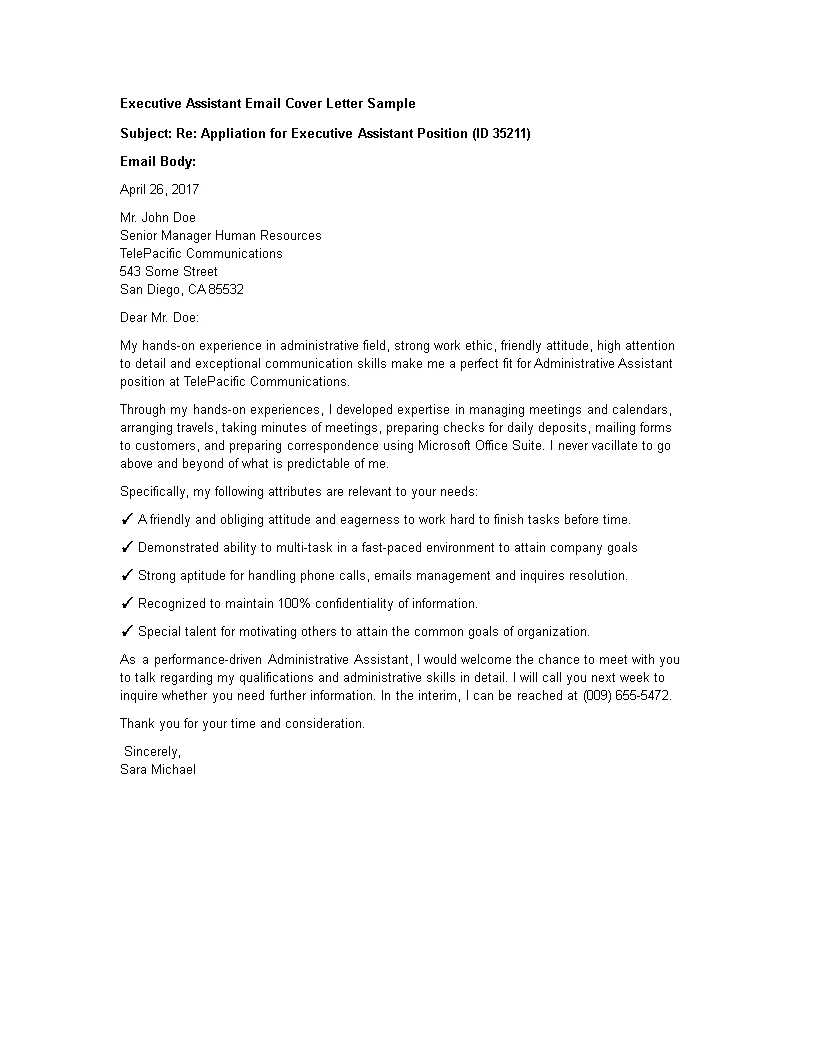Cover Letter Email: What You Need to Know
In the modern job market, a cover letter email is often the first impression you make on a potential employer. It’s more than just a formality; it’s a critical opportunity to showcase your personality, enthusiasm, and qualifications. This guide provides a comprehensive overview of how to write a cover letter email that stands out and gets you noticed. We’ll delve into everything from crafting compelling subject lines to formatting your email for maximum impact. By mastering these techniques, you can significantly increase your chances of landing an interview and securing your dream job.
Why a Cover Letter Email Matters
A well-written cover letter email demonstrates professionalism and attention to detail, both of which are highly valued by employers. It shows that you’ve taken the time to tailor your application to the specific role and company. Moreover, it provides a space to introduce yourself in a more personal and engaging way than a standard resume allows. In a sea of applicants, a standout cover letter email can be the key to unlocking your potential. It is your chance to make a strong first impression and to tell a story that makes you memorable. The goal is to not only convey your skills but to also convey your enthusiasm for the specific opportunity.
Difference Between Cover Letter and Cover Letter Email
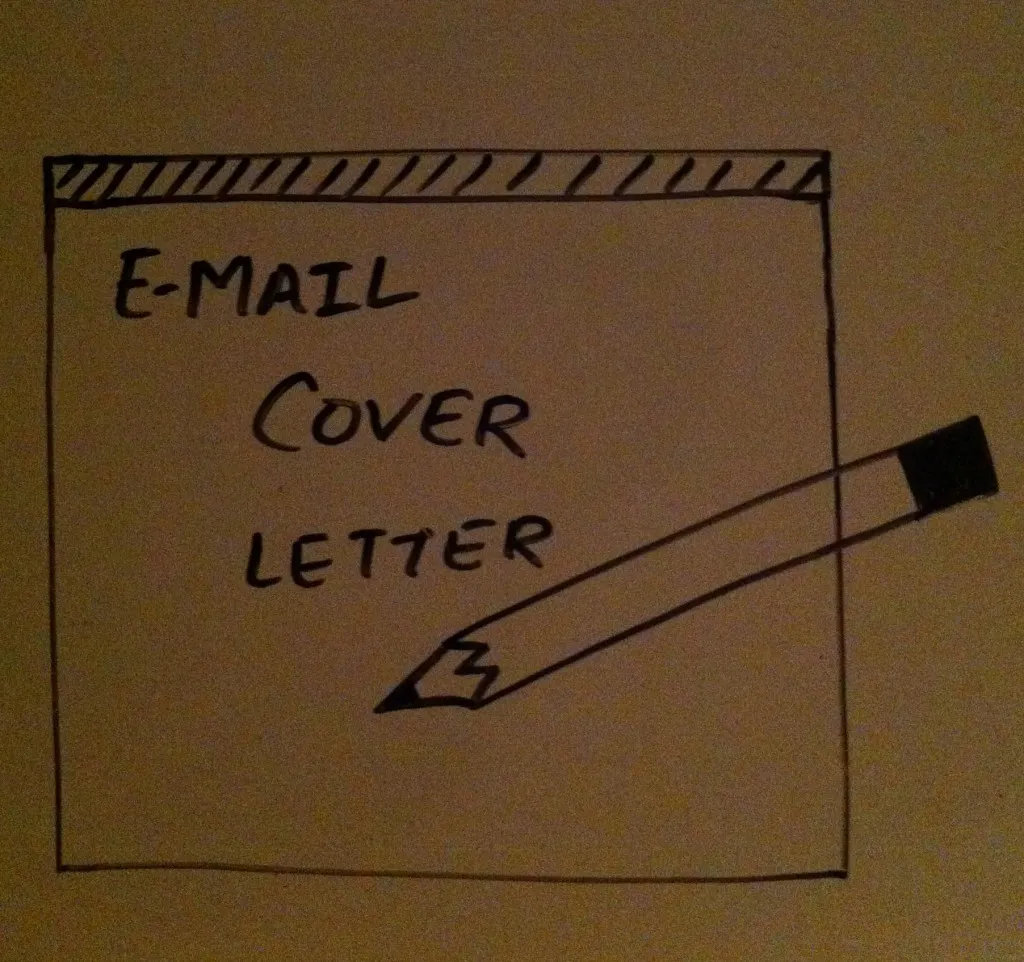
The cover letter email serves as the introduction to your cover letter, which is typically attached as a separate document. While the attached cover letter provides a detailed account of your qualifications and experience, the email itself is a concise overview that entices the reader to open the attachment. The email sets the tone, conveying your interest and highlighting key qualifications relevant to the job. It also provides a space for a brief personal touch and a clear call to action, such as inviting the hiring manager to review the attached document or schedule an interview. Your cover letter email is more than just a means to send the cover letter; it’s a strategic tool for maximizing your chances.
Essential Elements of a Cover Letter Email
Subject Line That Grabs Attention
Your subject line is the first thing a hiring manager sees, making it crucial for grabbing their attention. Keep it concise, specific, and relevant to the job you’re applying for. Avoid generic phrases like “Job Application” or “Resume.” Instead, include the job title and your name. For example, “[Your Name] - Application for Marketing Manager Position.” This immediately tells the recipient what the email is about and who it’s from. A well-crafted subject line increases the likelihood of your email being opened and read, ensuring your application gets the attention it deserves. Remember, a clear and informative subject line demonstrates professionalism and respect for the recruiter’s time.
Opening That Makes an Impact
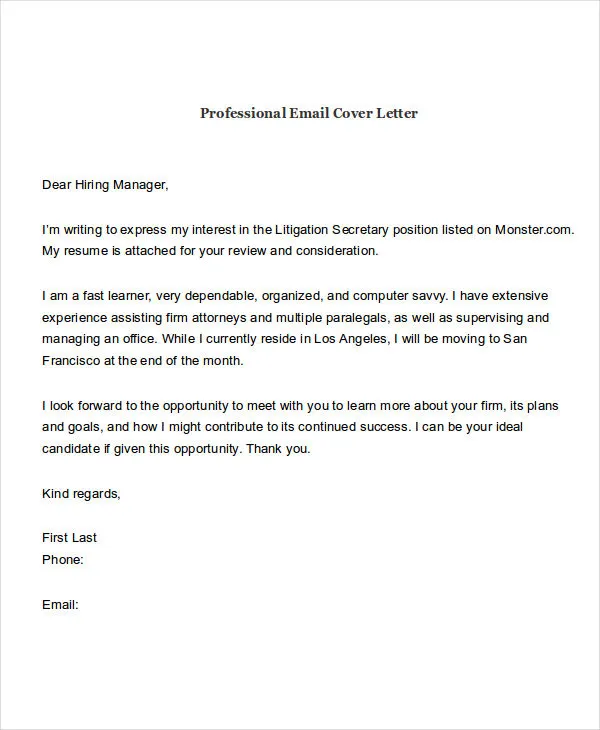
Start your cover letter email with a strong opening that immediately captures the reader’s interest. Address the hiring manager by name if possible; if not, use a professional greeting such as “Dear Hiring Manager.” Briefly state the position you are applying for and where you found the job posting. The opening should be concise, enthusiastic, and immediately convey your interest in the role. Avoid generic phrases like “I am writing to apply for…” Instead, try something more engaging, such as, “I am thrilled to apply for the Marketing Manager position, as advertised on [Platform].” This sets a positive tone and highlights your proactive approach.
Body Paragraphs That Sell You
The body of your email should highlight your key qualifications and demonstrate how your skills and experience align with the job requirements. Keep it concise, focusing on the most relevant information. Elaborate on a few key accomplishments that showcase your value. Use action verbs to describe your achievements and quantify your results whenever possible. For example, instead of saying “Managed social media campaigns,” say “Managed social media campaigns, increasing engagement by 30% within six months.” This provides tangible evidence of your capabilities. Tailor your body paragraphs to the specific job description, demonstrating that you have carefully read and understood the requirements.
Highlighting Relevant Skills and Experience
Focus on the skills and experiences that directly match the job requirements. Review the job description carefully and identify the key qualifications the employer is seeking. Then, select the most relevant achievements from your resume that demonstrate these skills. Briefly explain how you used these skills in previous roles and what results you achieved. For instance, if the job requires project management skills, mention a specific project you managed, the challenges you overcame, and the successful outcome. This shows the hiring manager that you not only possess the required skills but also know how to apply them effectively in a professional setting.
Quantifying Achievements and Results
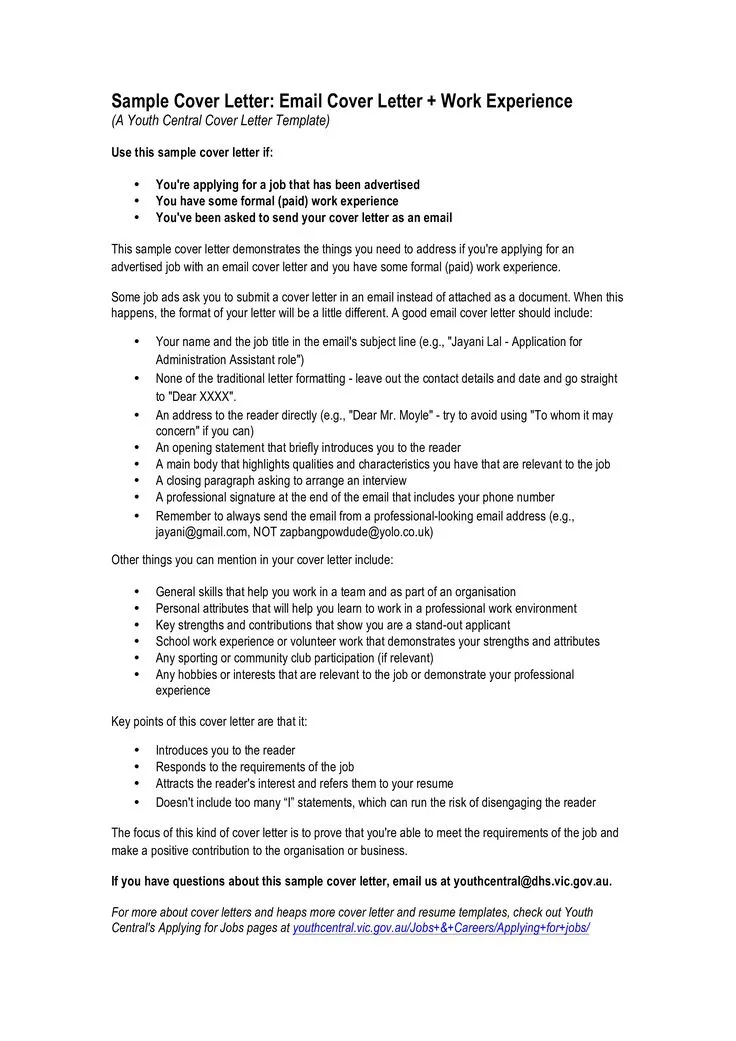
Whenever possible, quantify your achievements to provide concrete evidence of your success. Use numbers, percentages, and specific data to illustrate your impact in previous roles. This adds credibility to your claims and makes your accomplishments more impactful. For example, instead of saying “Increased sales,” state “Increased sales by 15% in Q2.” Or, instead of “Improved customer satisfaction,” state “Improved customer satisfaction scores by 20% through implementing a new feedback system.” Quantifying your achievements makes your cover letter email more persuasive and helps the hiring manager easily understand the value you bring to the table. This shows your impact on your previous positions and proves your abilities.
Call to Action and Closing
Conclude your cover letter email with a clear call to action. Express your enthusiasm for the opportunity and politely request an interview. Thank the hiring manager for their time and consideration. Reiterate your contact information for easy access. Close with a professional sign-off, such as “Sincerely,” “Best regards,” or “Thank you.” Ensure your email is free of errors and reflects a professional tone throughout. Your closing should leave a positive impression and encourage the hiring manager to take the next step in the hiring process. For instance, you could end with, “I am eager to discuss how my skills and experience can contribute to your team. Thank you for your time. I look forward to hearing from you soon.”
Formatting Your Cover Letter Email
Choosing the Right Font and Size
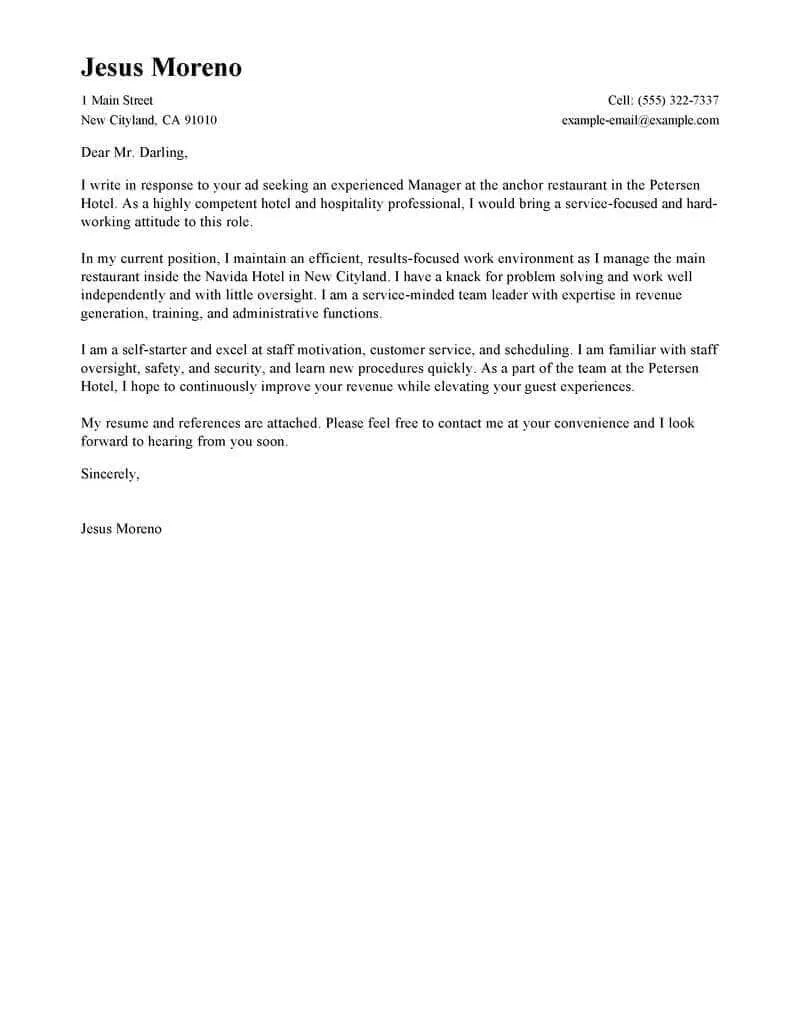
Use a professional and easy-to-read font such as Arial, Calibri, or Times New Roman. Keep the font size between 10 and 12 points. This ensures that your email is legible and doesn’t strain the reader’s eyes. Avoid using overly decorative or unusual fonts, as they can appear unprofessional. Maintain consistent formatting throughout your email, including consistent spacing and alignment. Proper formatting shows attention to detail and respect for the reader. Your email should look clean and structured, making it easy for the hiring manager to read and understand your message quickly.
Maintaining a Professional Tone
Always maintain a professional and respectful tone throughout your cover letter email. Avoid slang, informal language, and emojis. Proofread your email carefully to eliminate any typos or grammatical errors. Be concise and to the point, avoiding excessive use of jargon or overly long sentences. Use proper grammar and punctuation. Your email should reflect your understanding of professional communication. Remember, this email represents you. Use clear, concise language that effectively conveys your message. Showing respect for the recruiter’s time, you help to ensure that your message is understood and respected.
Proofreading and Editing
Proofread your cover letter email multiple times to catch any errors in grammar, spelling, or punctuation. Errors can undermine your credibility and make you appear careless. Consider asking a friend or family member to review your email as a fresh set of eyes can often spot mistakes you might miss. Ensure that all the information is accurate and that your contact details are up-to-date. Careful proofreading demonstrates attention to detail and professionalism. A polished email reflects well on you and increases your chances of making a positive impression. Proper proofreading is one of the most important steps of the entire process.
Cover Letter Email Examples
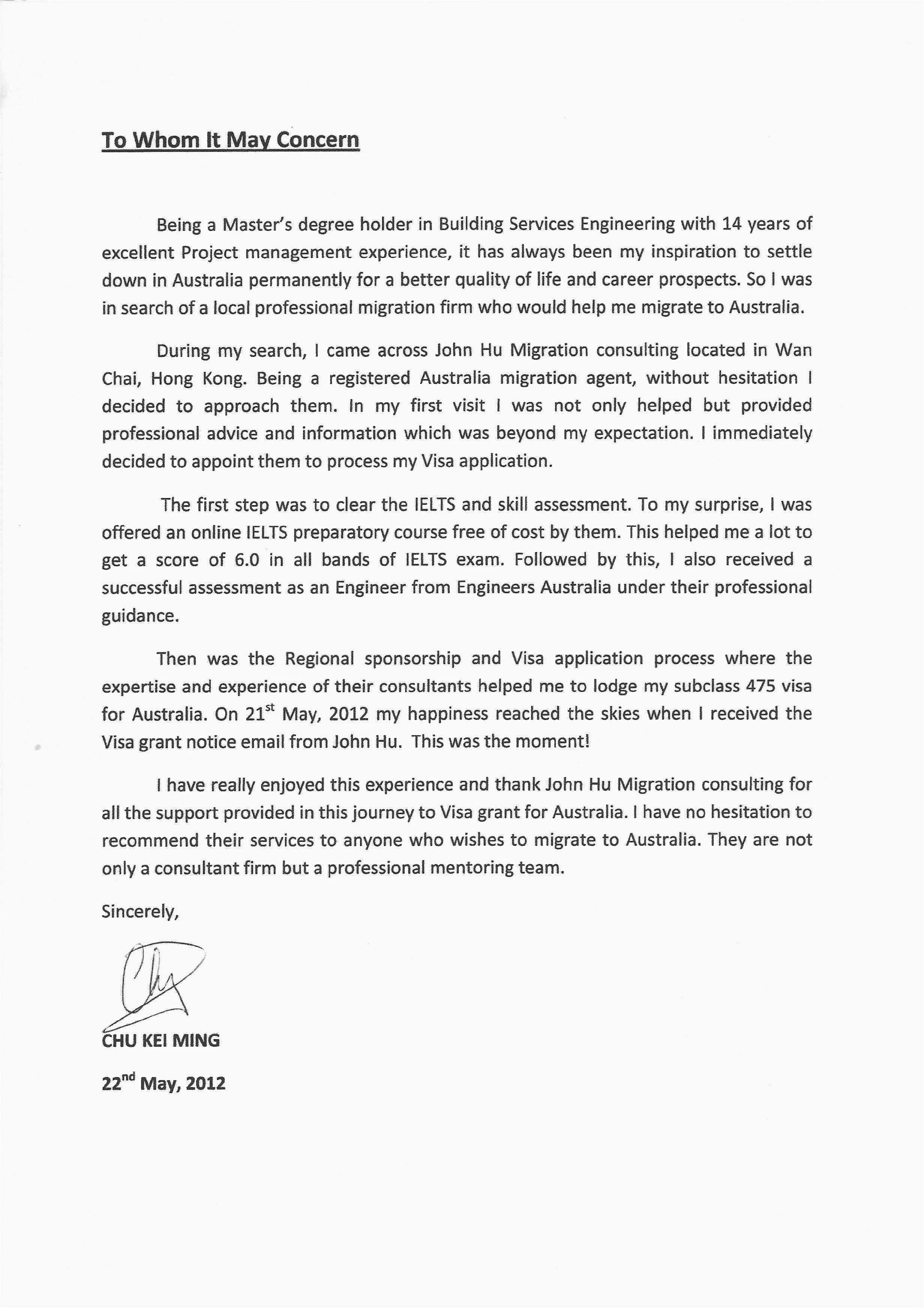
Example 1 [Entry-Level Position]
Subject: Application for Marketing Intern Position
Dear Mr. Smith,
I am writing to express my interest in the Marketing Intern position at your company, as advertised on [Platform]. As a recent graduate with a degree in Marketing from [University], I am eager to apply my skills and passion for marketing in a professional setting.
During my studies, I gained experience in social media management, content creation, and market research. I managed the social media accounts for the university’s marketing club, increasing follower engagement by 25%. I am proficient in various marketing tools, including Google Analytics and social media management platforms.
Attached is my resume, which provides further details on my qualifications and experiences. I am particularly excited about [Company]’s innovative marketing strategies and believe my skills align well with your team’s objectives.
Thank you for your time and consideration. I look forward to the opportunity to discuss how I can contribute to your team.
Sincerely, [Your Name]
Example 2 [Experienced Professional]
Subject: Application for Senior Project Manager Position
Dear Ms. Johnson,
I am writing to apply for the Senior Project Manager position at [Company], as advertised on [Platform]. With over ten years of experience in project management, I am confident in my ability to lead and deliver successful projects.
In my previous role at [Previous Company], I managed a team of 15 project managers and successfully delivered projects on time and within budget. I implemented a new project management methodology that improved project completion rates by 15% and reduced project costs by 10%. I am proficient in Agile and Waterfall methodologies.
Attached is my resume, which provides additional information on my experience and qualifications. I am impressed by [Company]’s commitment to innovation and believe my leadership skills will be valuable to your team.
Thank you for your time and consideration. I look forward to the opportunity to discuss my application further.
Sincerely, [Your Name]
Common Mistakes to Avoid in a Cover Letter Email
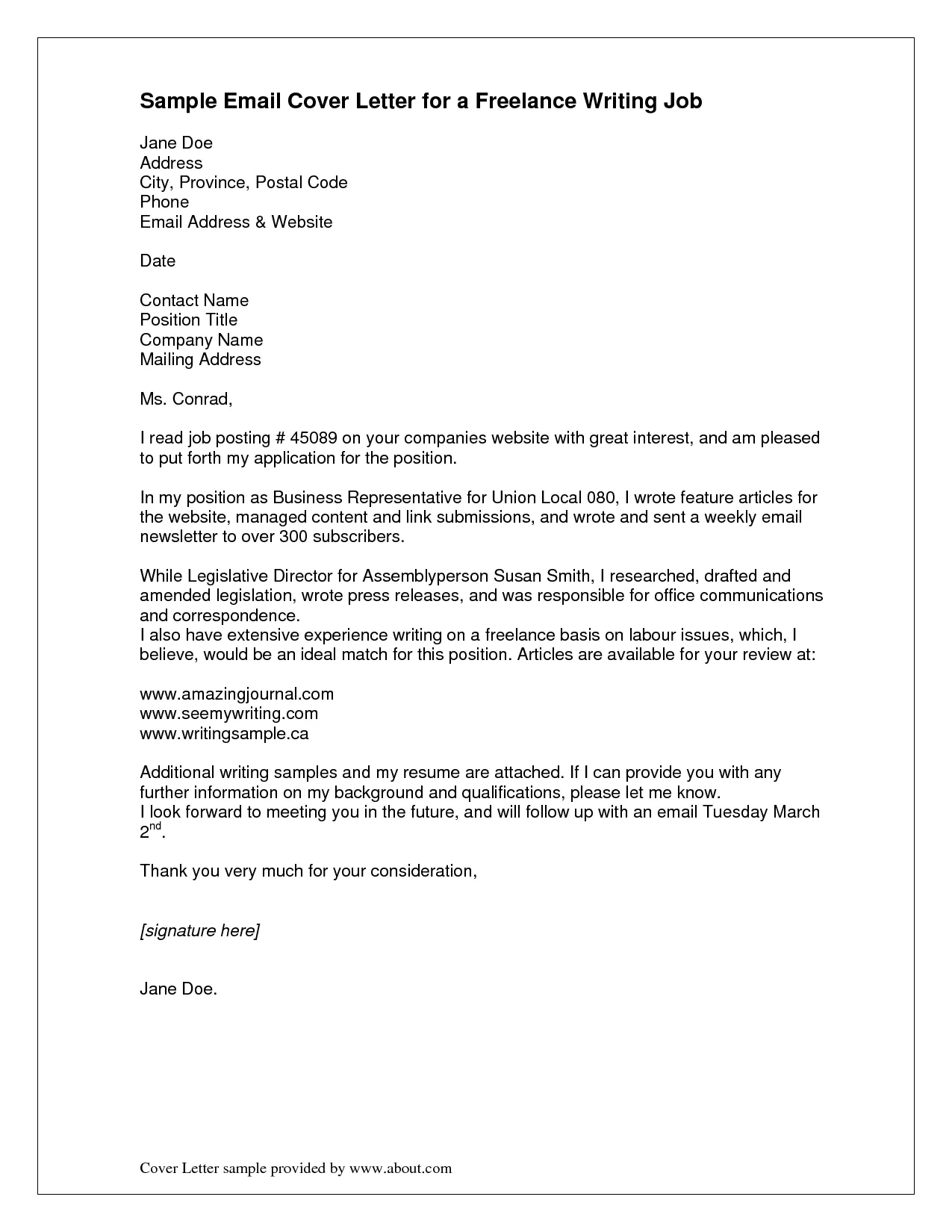
Generic Salutations and Closings
Avoid using generic salutations like “To Whom It May Concern” or “Dear Sir/Madam.” These greetings suggest that you haven’t taken the time to research the hiring manager’s name. If possible, always address the recipient by name. Even if you can’t find a name, try using a more specific greeting, such as “Dear Hiring Manager.” Similarly, avoid generic closings like “Sincerely yours.” Instead, use a professional closing, such as “Sincerely,” “Best regards,” or “Thank you.” A personalized approach shows you’ve put in effort and demonstrates respect, making your email more memorable.
Typos and Grammatical Errors
Typos and grammatical errors can create a negative impression, making you appear careless or unprofessional. Always proofread your cover letter email carefully before sending it. Use a spell-checker and grammar checker, but also read your email aloud to catch any mistakes the tools might miss. Ask a friend or family member to review your email for errors. A well-edited email shows that you value attention to detail, a highly desirable trait in any profession. Thorough proofreading ensures your message is clear, concise, and professional, improving your chances of making a positive impression.
Sending the Cover Letter as an Attachment
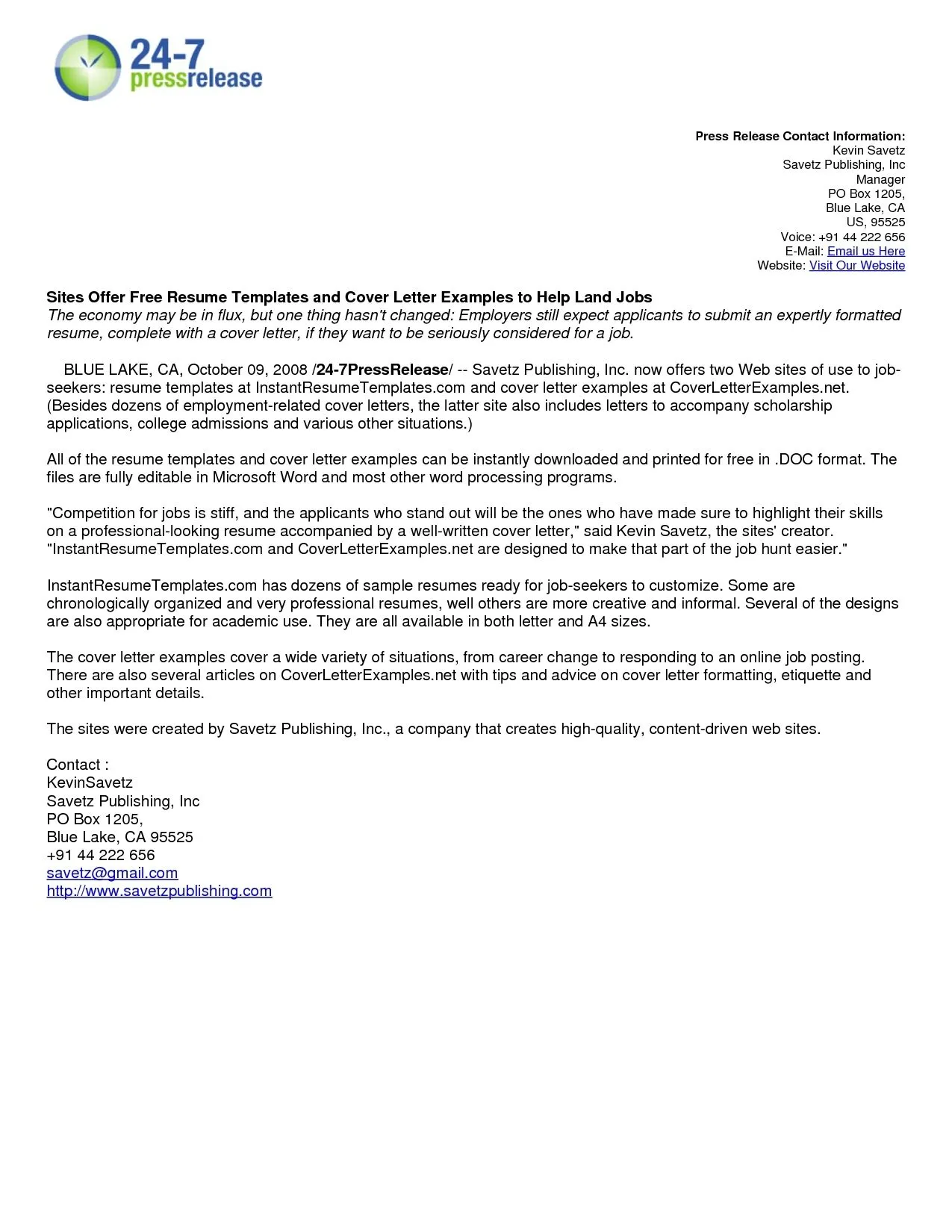
Always attach your cover letter and resume as separate documents. Never include your cover letter content directly in the body of the email unless specifically requested. This allows the hiring manager to easily review your application materials. Make sure the attachments are in a common format, such as PDF, to ensure they can be opened by anyone. It’s crucial that attachments open smoothly and are easy to read. Attachments formatted correctly will make it easy for the recruiter to focus on the content. A well-formatted and easily accessible cover letter and resume also demonstrates respect for the hiring manager’s time.
Best Practices and Tips for Sending
Before sending your cover letter email, review your email address to ensure it’s professional and appropriate. Use a professional email address. Use a clear and concise subject line. Customize your cover letter email for each job application. Proofread thoroughly, and make sure your email looks professional. Consider your attachments’ formats and sizes. By following these best practices, you increase your chances of getting noticed and landing an interview. A well-crafted cover letter email and supporting materials create a positive first impression that will encourage the recruiter to continue the process. Be confident in your writing and what you can offer.
